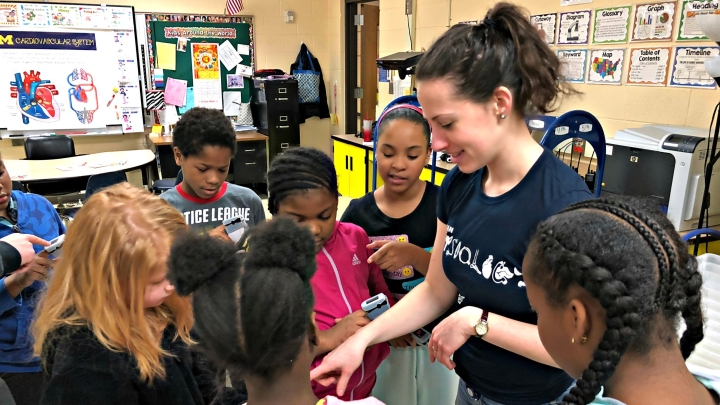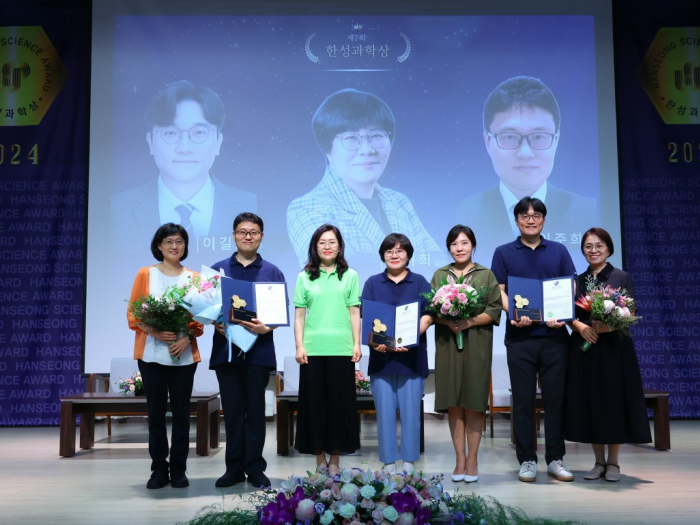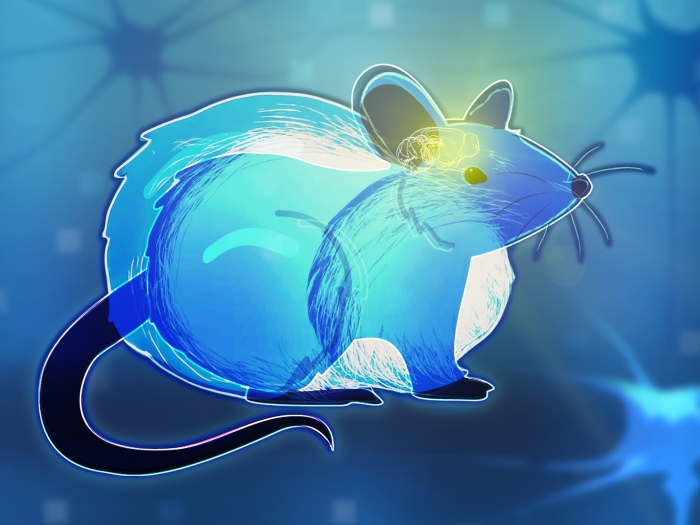Join us in pursuing answers to fundamental questions in physiology within a supportive and collaborative community.

While we are proud of our ranking as the #1 NIH-funded physiology department in the country, we are prouder of our scientists' impact on their fields. The U-M Medical School Department of Molecular & Integrative Physiology pushes boundaries through ground-breaking research, education, and service.
Our academic and training programs for undergraduate and graduate (PhD and MS) students and postdoctoral fellows are focused on developing future leaders in science and medicine through engaged mentorship and a strong focus on personalized career development.
1137 E. Catherine St.
Ann Arbor, MI 48109-5622

Our department's science is vital for understanding organism health and disease, yielding knowledge and potential cures. Equally important is promoting community science through programs like SEEK (Science Engagement and Education for Kids), which arose from Physiology PhD students' visits to local schools. SEEK, featuring hands-on activities about bodily systems, has grown through word-of-mouth and now includes participants from various Michigan programs.

Congratulations to Jun Hee Lee for receiving the 2024 Hanseong Science Award in Life Sciences from the Hanseong Son Jae-Han Scholarship Foundation for his development of SeqScope.




